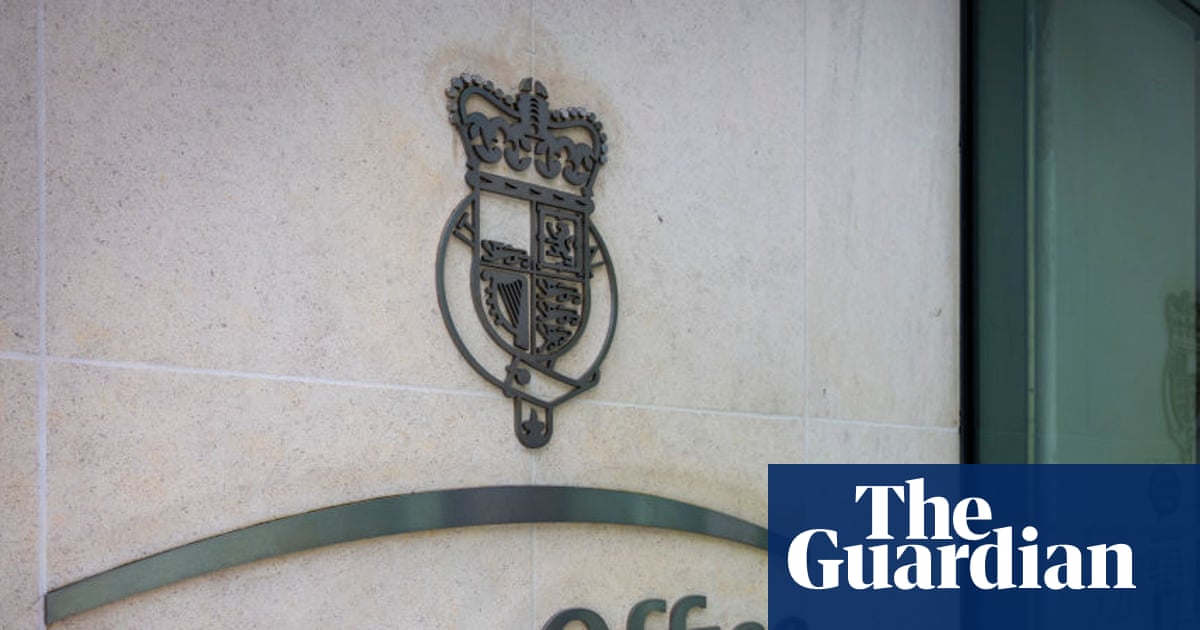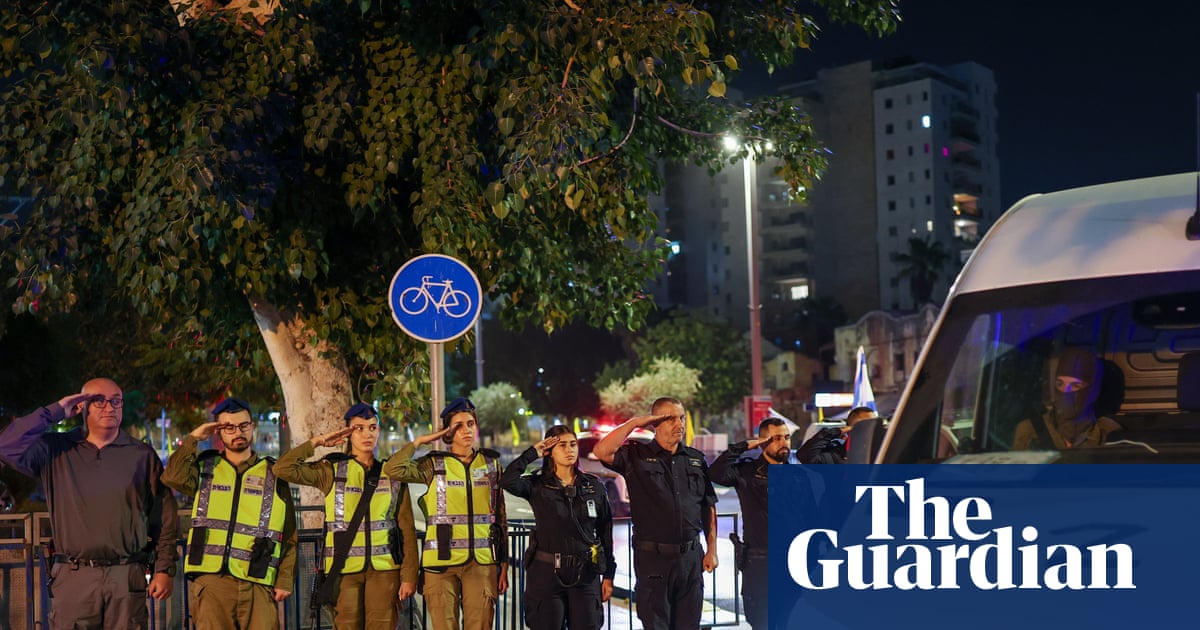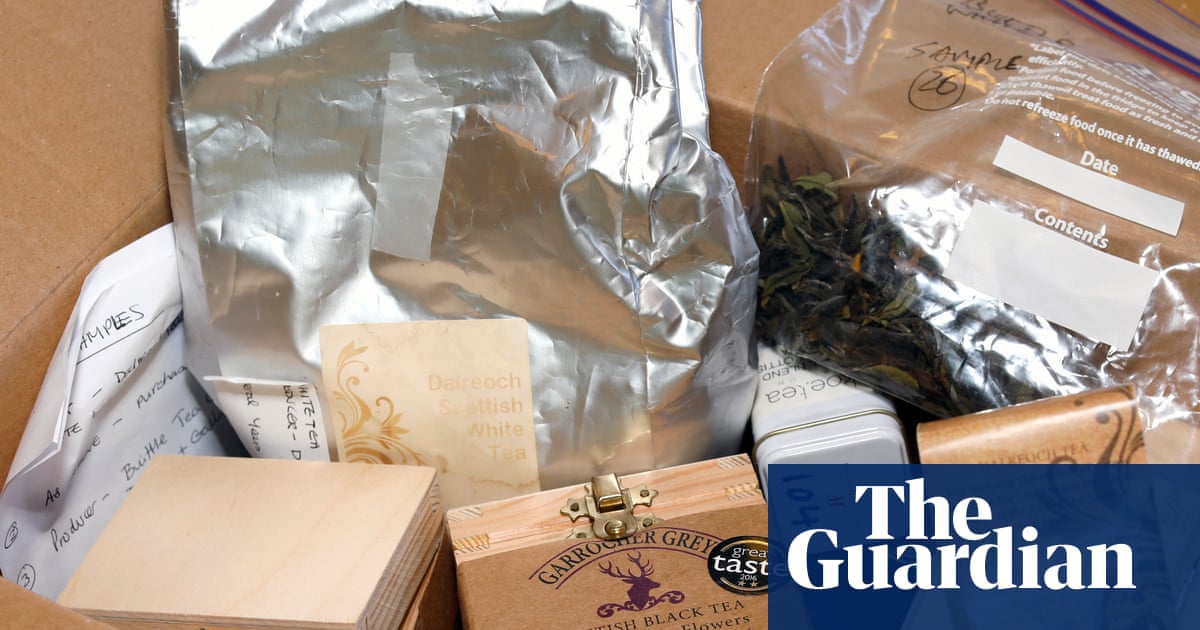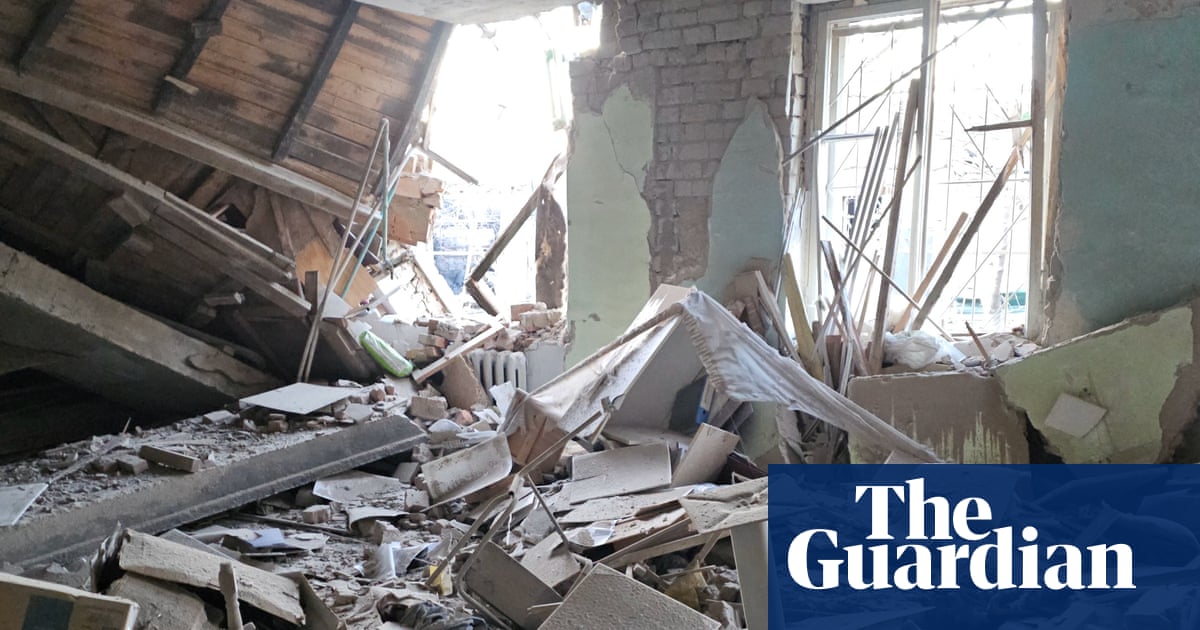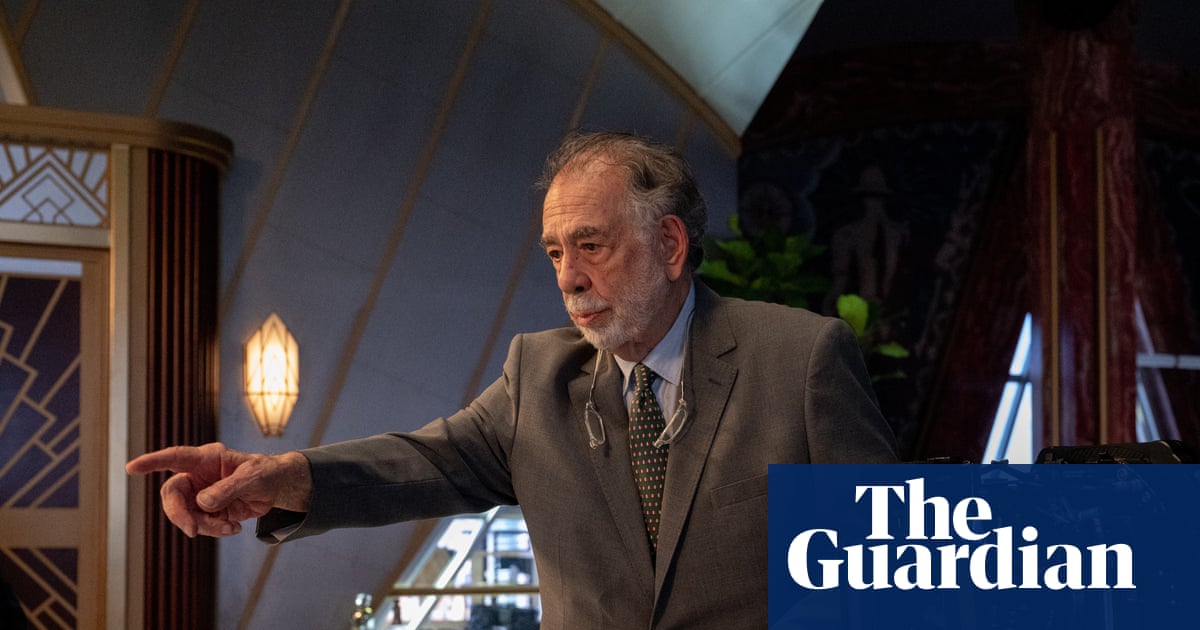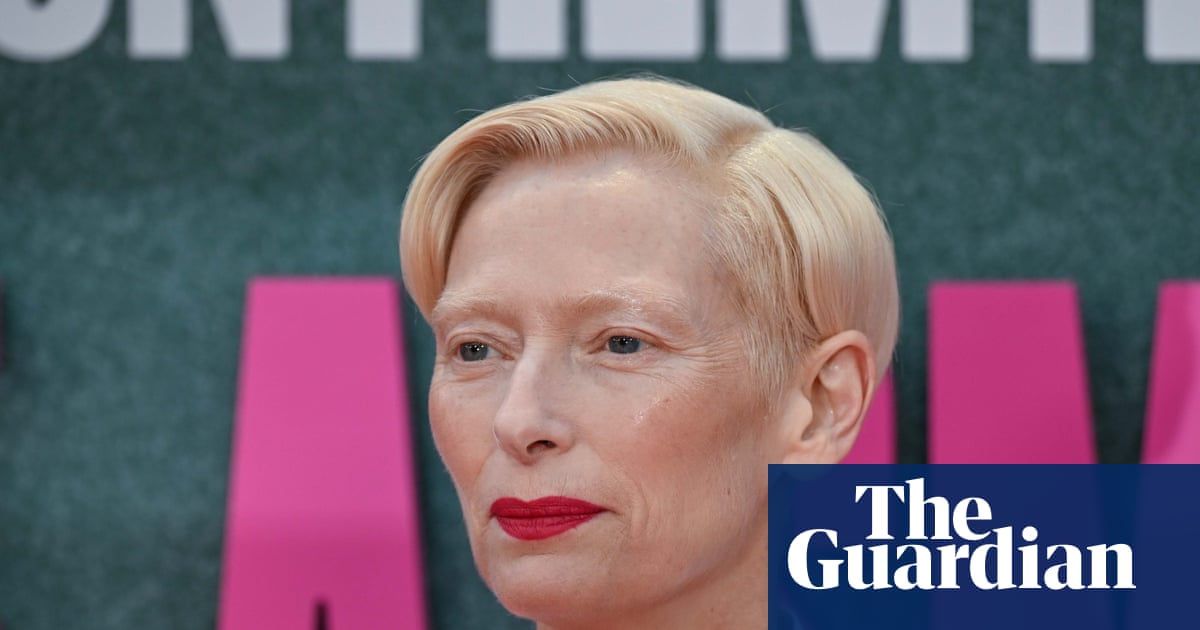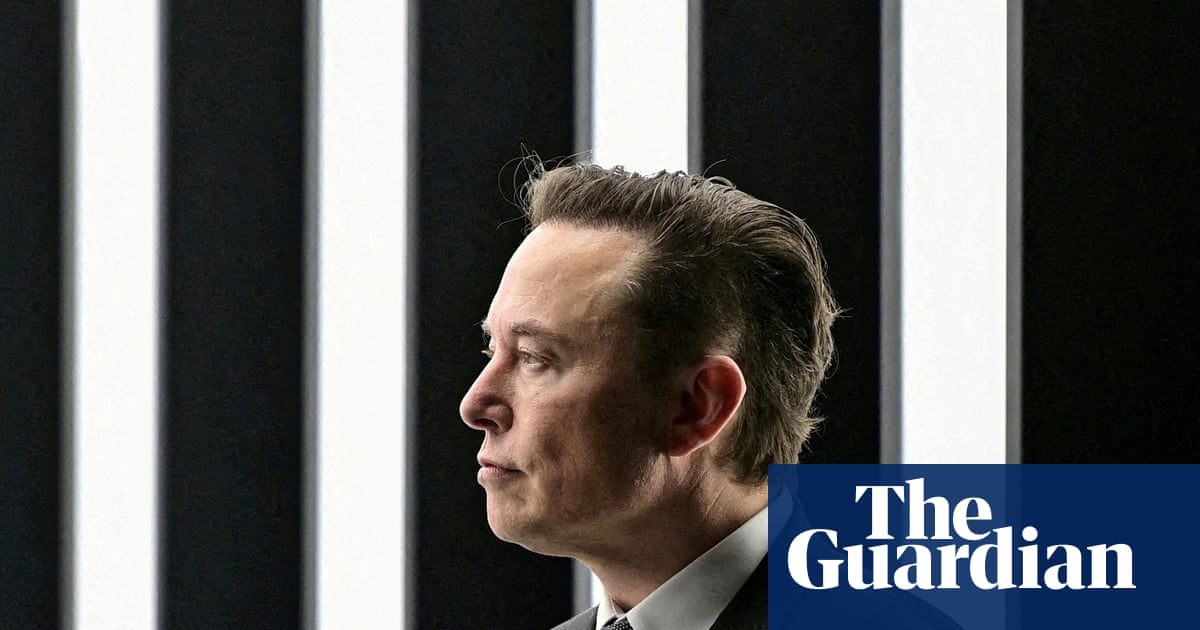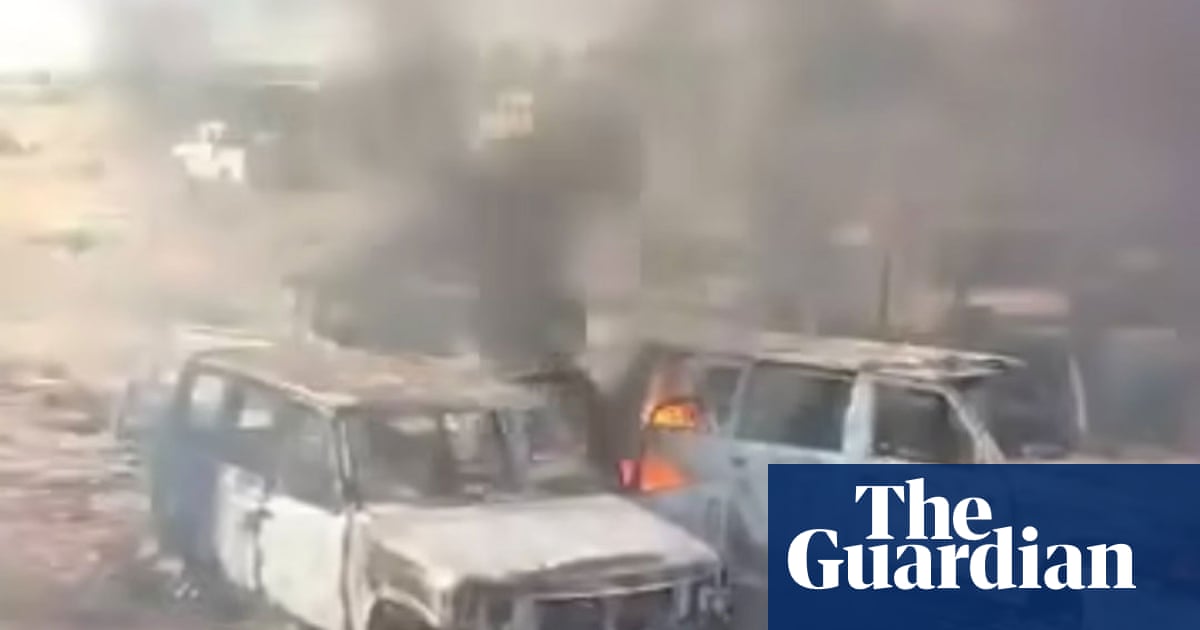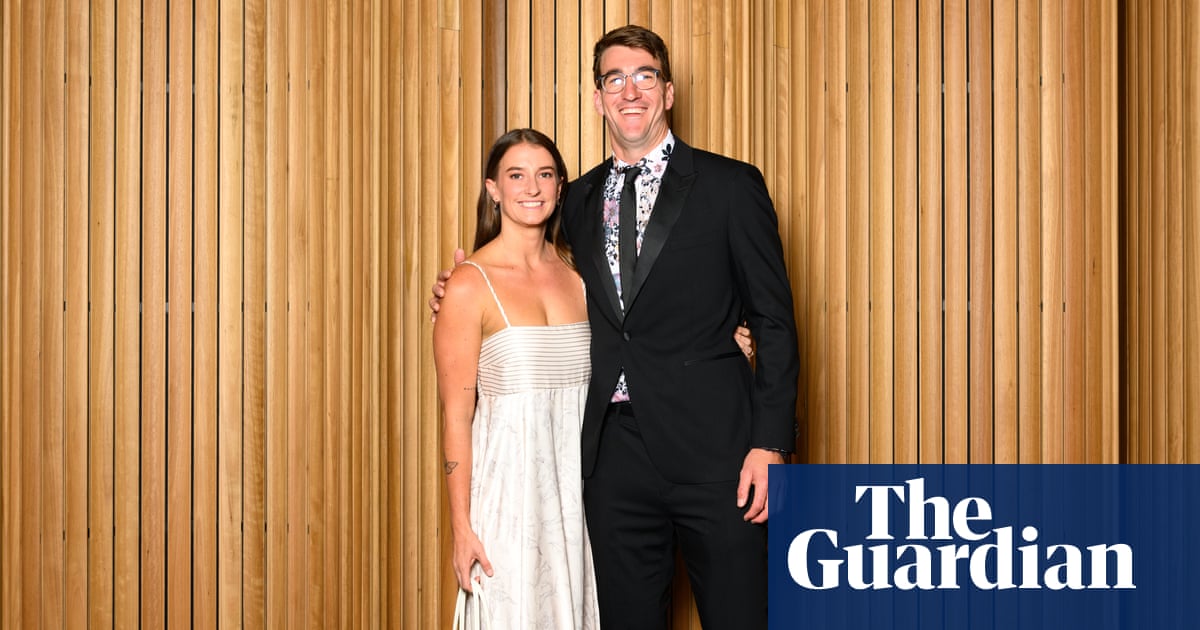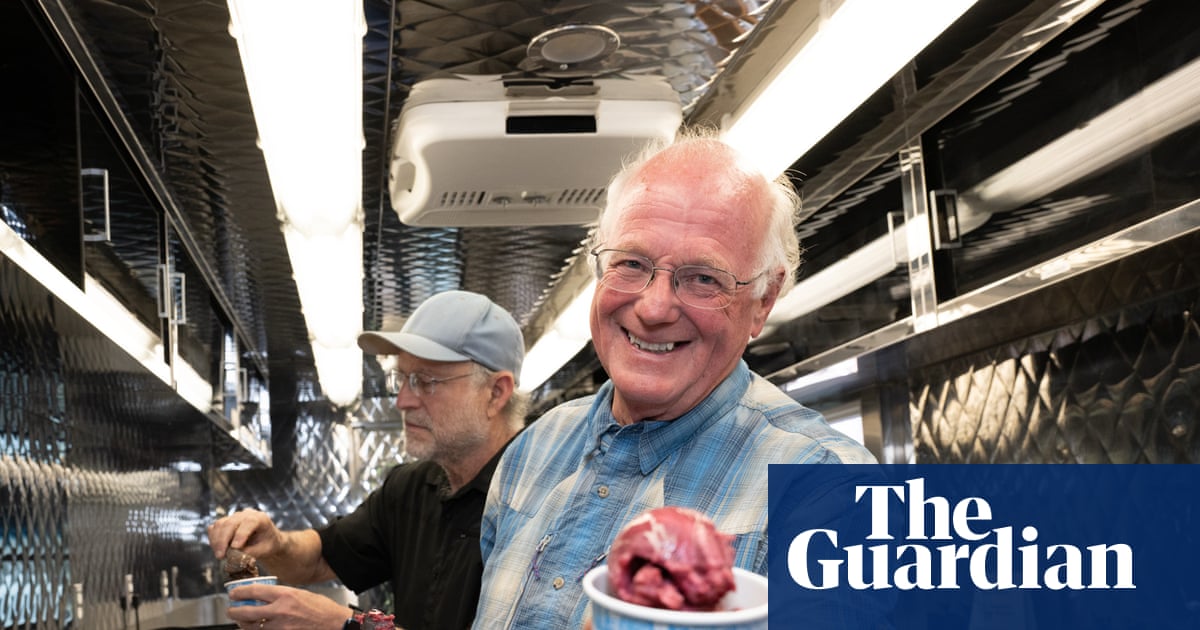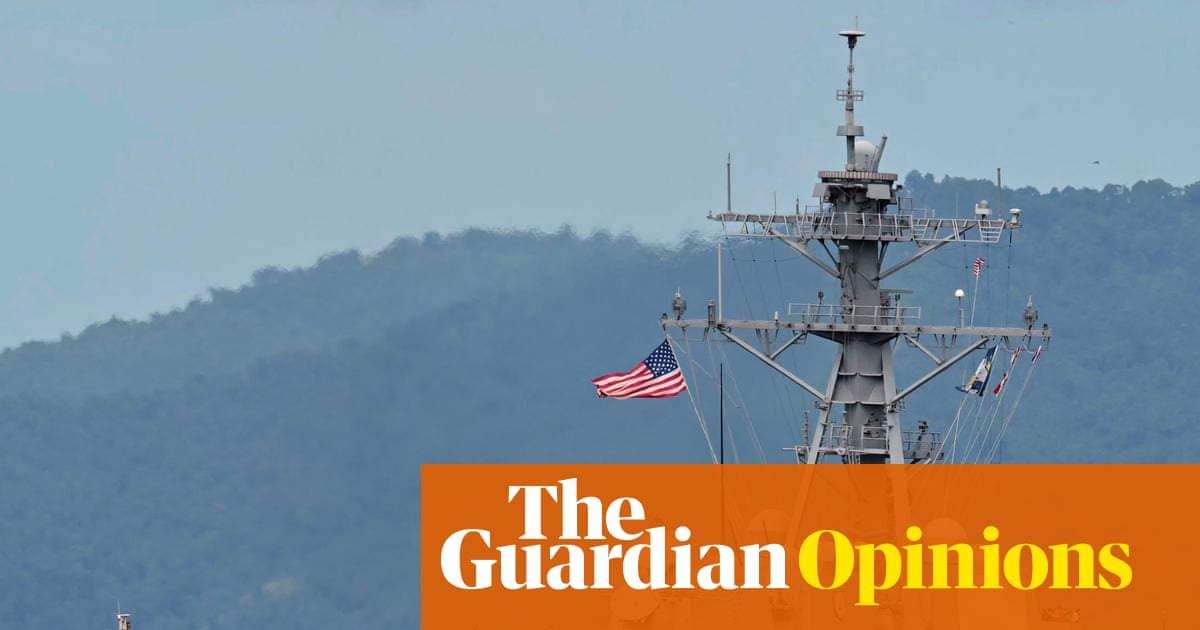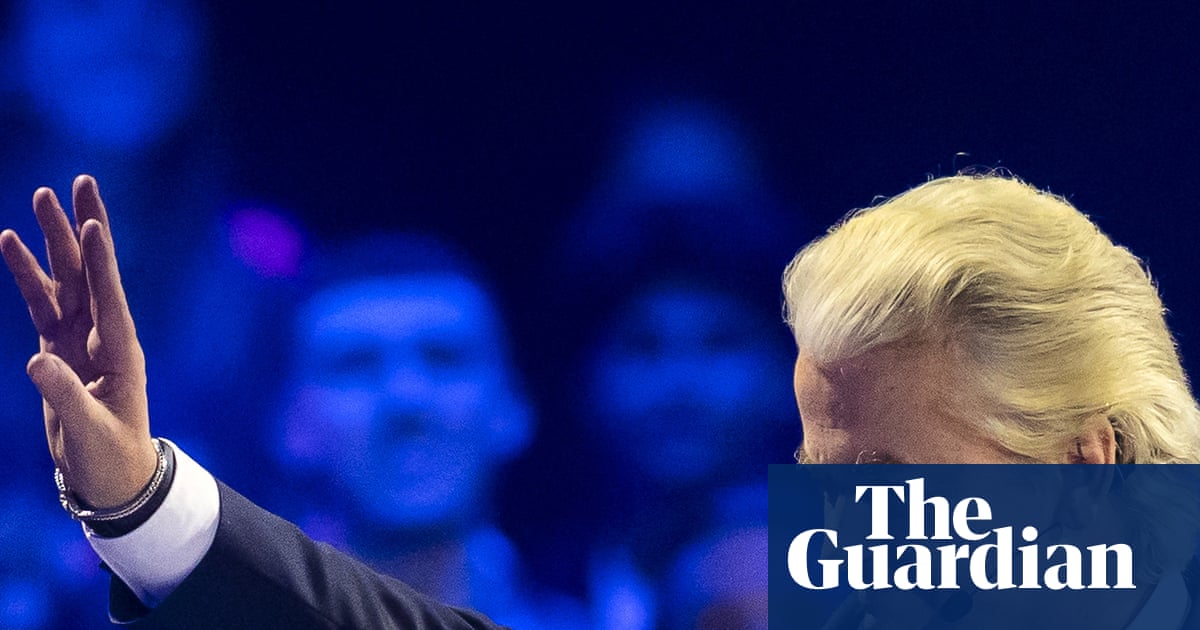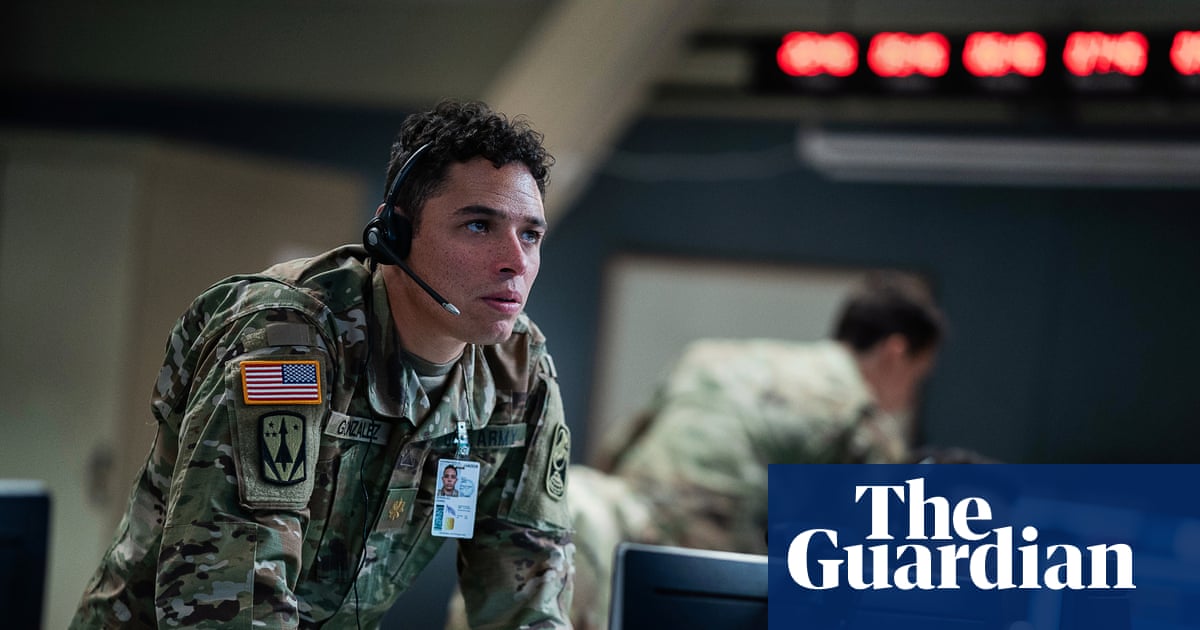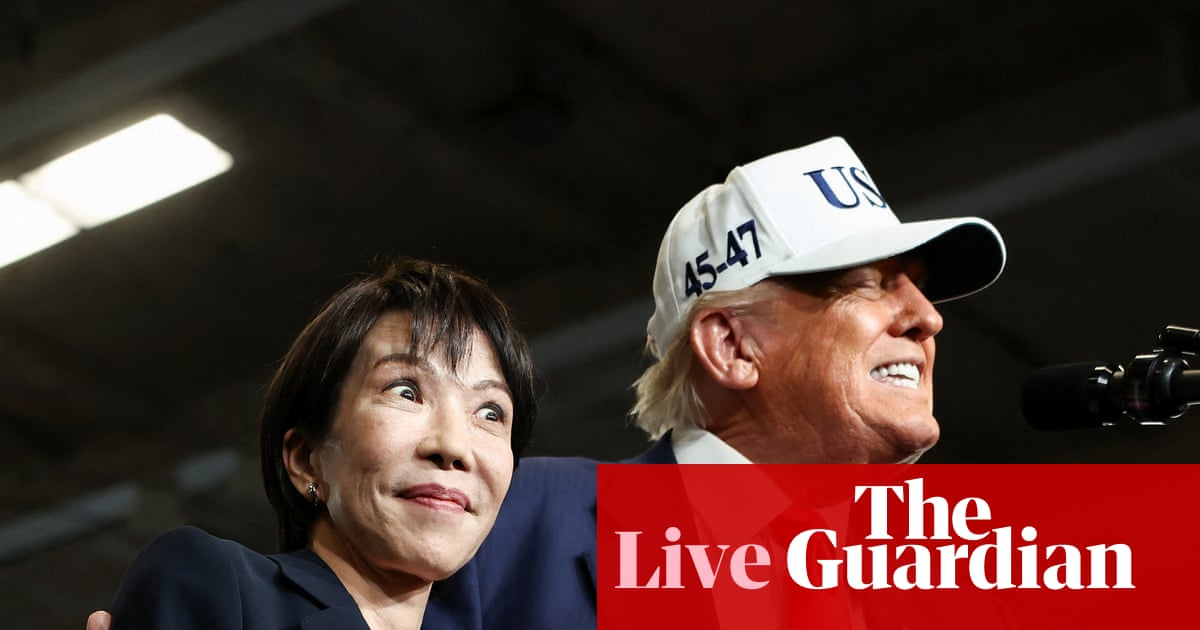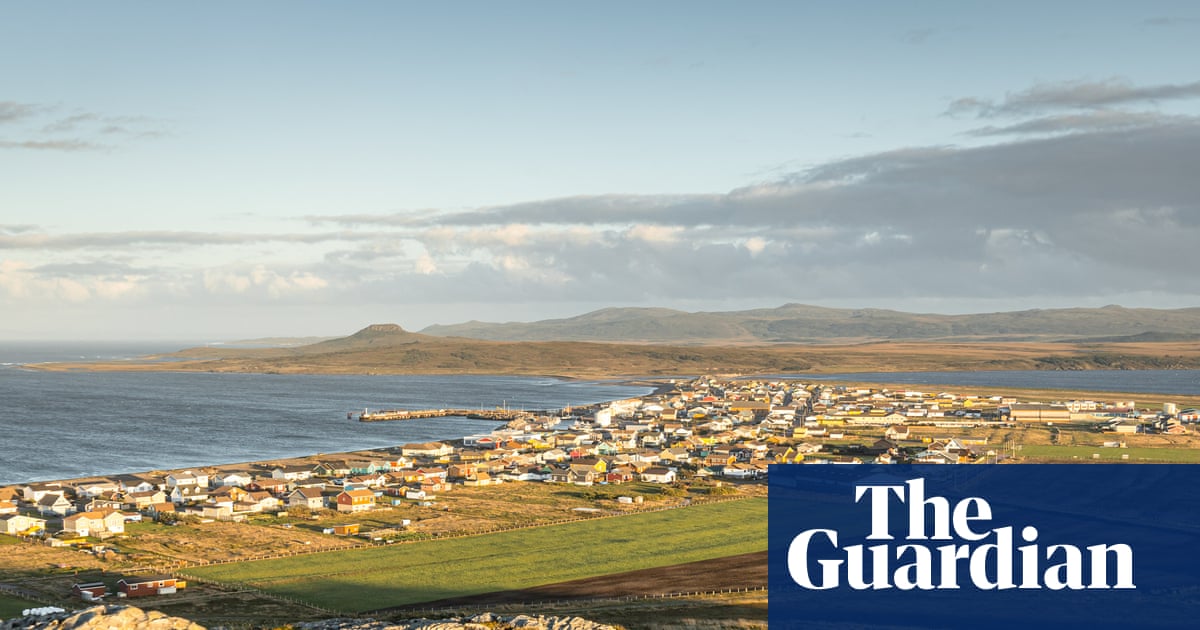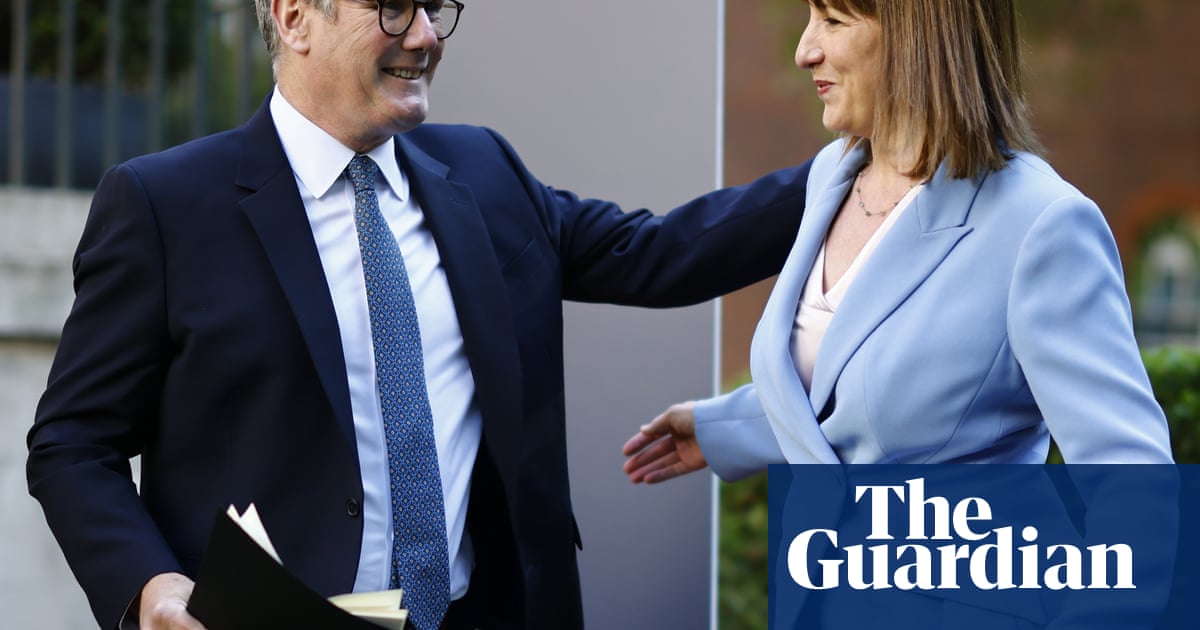Security guards tried to stop Australian journalists covering Anthony Albanese’s visit to China from leaving a popular Beijing tourist destination, just hours before the prime minister’s talks with Xi Jinping on Tuesday.
Albanese is on a six-day visit to China and is due to meet Xi, the country’s president, and its premier, Li Qiang, in Beijing on Tuesday afternoon.
But ahead of the meeting, security crews approached journalists and Australian embassy staff at the capital’s historic Drum and Bell Towers area.
Journalists from the ABC, SBS, Nine, Seven and Sky News were filming at the site, accompanied by Australian diplomatic escorts.
They had written permission from local authorities to film in the public area.
Journalists on the ground reported being approached by as many as eight security officers, who asked about their authorisation and told them to wait for police. The men later demanded camera crews hand over their footage.
Australian diplomats spoke to the security guards, who followed journalists to their bus. They were initially told not to leave the area but were allowed to depart without incident.
The ABC’s foreign affairs reporter, Stephen Dziedzic, who is travelling with Albanese, told ABC TV the journalists were recording pieces to camera for Australian news bulletins when they were interrupted by security guards.
He said it was not a dramatic encounter and no one felt physically threatened.
“They might have been security guards employed by the local municipal council, who were employed by that council to try and keep an eye on the area,” he said.
“An Australian official posted to the Beijing embassy pushed back forcefully, insisting that we had every right to be there. When it looked like one of the guards might block one of the camera operators, she intervened immediately, telling them to step back. It was deftly done.
“Perhaps that hadn’t been passed all the way down the chain and Australian journalists there were quickly surrounded by a number of security guards who said they were going to call the police and that we didn’t have permission to leave.”
after newsletter promotion
Dziedzic said journalists had been able to walk away freely.
“One of the gentlemen there said he wouldn’t let us leave. When our bus came, we got on the bus without difficulties.
“It is just a small reminder of the abiding political climate here in Beijing, perhaps particularly when it touches on foreigners. It is certainly a long way from the more open and outward-looking atmosphere of Shanghai, where we were a couple of days before.”
China strictly controls media reporting, censors its own citizens, including on social media, and closely monitors foreigners visiting the country.
Xi and Albanese are expected to discuss sensitive issues in the relationship between China and Australia, including trade, security and supply chains for critical minerals.
Albanese is expected to raise the circumnavigation of Australia by Chinese warships, and the case of detained academic Yang Hengjun.
Executives from big banks, including ANZ and Macquarie, as well as Rio Tinto, Fortescue, BHP and BlueScope, have joined the prime minister’s trip.

 3 months ago
47
3 months ago
47
